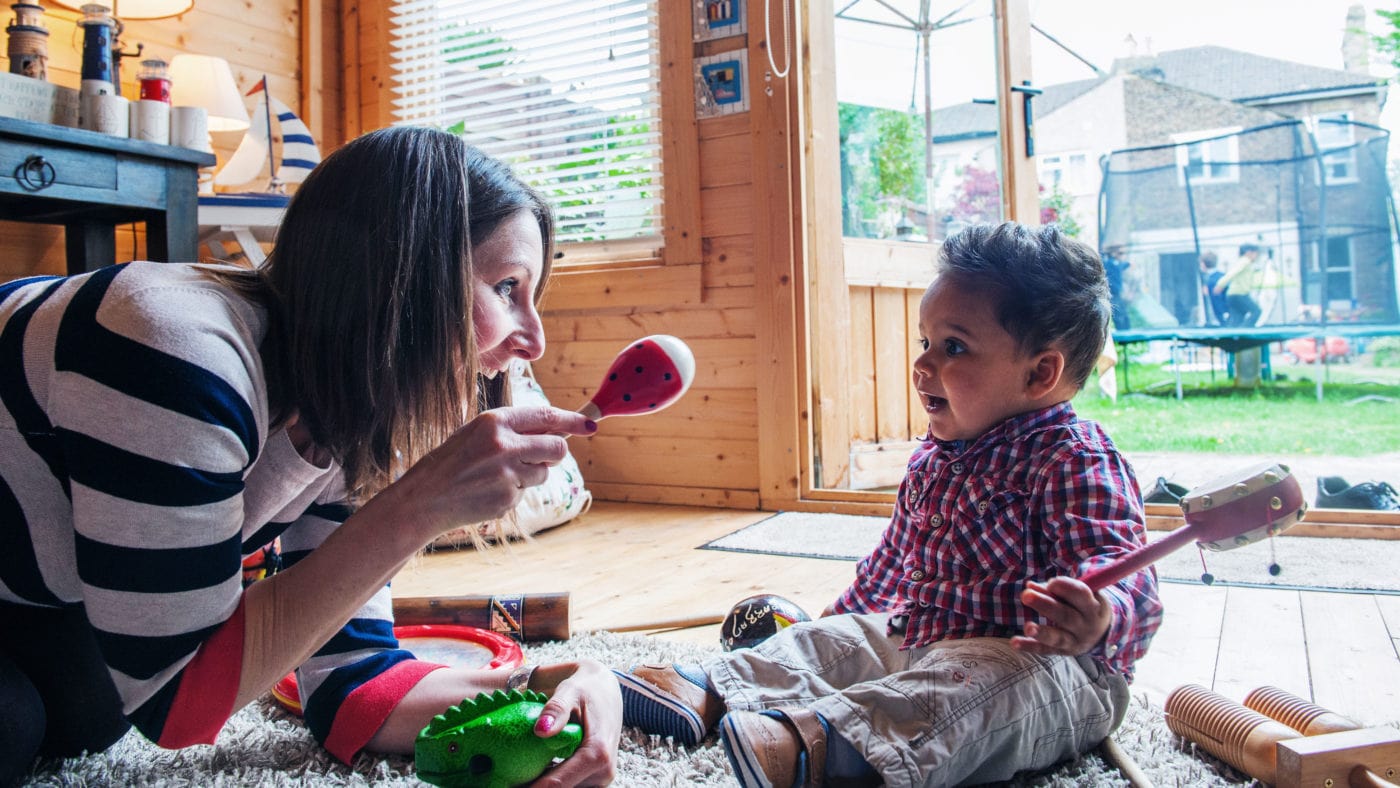The UK has the most expensive childcare in the OECD – and probably the world. Over the past 20 years, average childcare costs have doubled, at over twice the rate of inflation.
This is due to a number of factors. We force children into excessively regulated, formalised care; childminders and nursery teachers face a heavy-handed and bureaucratic curriculum that requires taking several weeks out of paid employment to learn; and we have the strictest adult to child ratios in Europe. Considering these factors, it is unsurprising that we face childcare shortages and spiralling costs.
But, like so many issues in the UK, the problem is made even worse by our planning system.
According to Ofsted’s own guidance, childminding is meant to be done in a home setting. But, because childminders are professionals who run businesses, they often fall foul of rules about operating businesses from homes. People in privately rented or social housing are often told they are not allowed to use their properties for any business uses at all and are therefore forbidden from being childminders. Young people are struggling to get onto the housing ladder – the number of people living in rented accommodation is rising, what would have been a small problem in the past is now forcing more and more potential childminders out of the sector.
Even if you do own your own home, you can still get in trouble with the local council if your neighbours complain. Just look at the example of Holly Fitzsimons, a childminder who built a shed in her back garden to use as a creche. When she started the £20,000 project, she called the council, and they initially told her that it was fine and that she did not need planning permission.
But while most of the neighbours didn’t mind, a few complained about the extra cars, the sound of children and the disturbance from use of the side gate. Following these complaints from her neighbour, the council retroactively told her that she would need planning permission and that they would seize the property if she didn’t get it. It is not clear why the council denied her bid for retrospective permission, but they launched enforcement action to stop her from running the business, forcing Fitzimons to appeal to the Planning Inspectorate.
The council and Planning Inspectorate reasoned that because the shed was built for the purpose of childminding it counted as business use. (She says they also use the shed as a family and that they use the main part of the house for childminding.) There is an inherent contradiction here between Ofsted rules about childminding, dictating that childminding should take place in a home, and planning rules which dictate that commercial activity needs different planning requirements to residential activity.
Fitzsimons spent £7,000 on her legal battle, which she did eventually win – but with some caveats. She is no longer allowed to operate after 6pm or at the weekends, denying local parents much needed flexibility in the care offered. She is not allowed to have more than six children present, even though Ofsted allows childminders to take care of eight children over 3, and thirteen over 5. She has even had to make expensive extensions to her driveway to accommodate the extra visitors. The overall cost of all this has been much higher than just the legal expenses.
This debacle is just one instance of how the planning system presents prospective carers with needless and expensive bother.
And it is just as difficult to get planning permission to run nurseries. Some commercial properties are automatically allowed to be used for nurseries, but churches and schools also need extra planning permission to run paid nurseries, and they too are therefore subject to the caprice of local authorities.
Alongside other structural reforms, we could make it easier for people to become childminders or nursery school teachers by providing clarity about where people are allowed to take care of children. We should have only one regulator that decides whether buildings can be used for childcare, as the inconsistencies between the different regulators causes much of the confusion. Ofsted is better suited for determining which buildings are appropriate for children and has access to more expertise about children’s welfare.
Government should also publish advice to local authorities, advising them that residential buildings, commercial buildings, schools, and community structures are all appropriate venues for childcare and that they do not need further planning permission to be used as such. It should publish guidance to landlords stating that childminding is part of normal residential use of a property and they cannot therefore stop their tenants from using their homes for childminding.
The cost of childcare is at crisis point. People who want to support their communities and care for children should not be needlessly hamstrung by local jobsworths.
Click here to subscribe to our daily briefing – the best pieces from CapX and across the web.
CapX depends on the generosity of its readers. If you value what we do, please consider making a donation.


